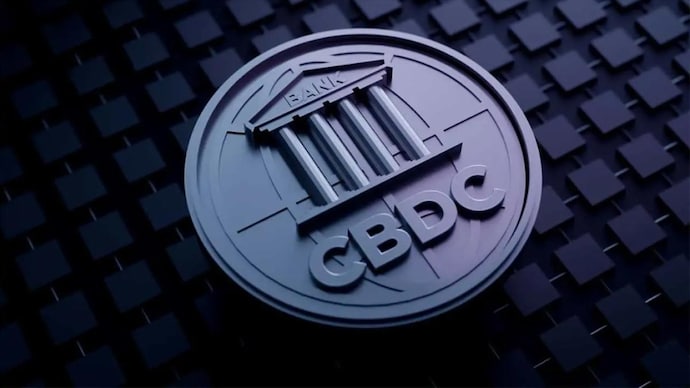Texas is introducing a bill to ban a central bank digital currency (CBDC) in the state. The bill was introduced today by the 88th Legislature.
A central bank digital currency (CBDC) is a digital form of money that is a liability of the Federal Reserve, rather than a liability of commercial banks.
The bill details why, according to draftees, CBDCs are a bad idea. “Retail CBDCs are issued to the general public, establishing a direct relationship between the Federal Reserve and consumers,” the bill reads. “This could lead to unprecedented levels of government surveillance and control over private cash holdings and transactions.”


A government-controlled digital currency has been a hot topic among government officials, with many against the idea. Recently, Florida Governor Ron DeSantis officially banned Central Bank Digital Currencies (CBDCs) within the state. Additionally, Senator Ted Cruz has also shared distrust in CBDCs. He recently stated that the implementation of central bank-issued digital assets would be “profoundly dangerous” to society.
“Many CBDC proposals involve the centralized collection of transaction data, which poses major privacy and security risks, such as making it easier for intruders to access the data of more users. However, proposals that include strategies to minimize those risks often reduce transparency for regulators seeking to detect money laundering, terrorism financing, and other illicit activities. The implementation of a CBDC would make countless U.S. citizens more vulnerable to intrusive federal oversight and security threats.”
New Texas Bill
Texas Senator Ted Cruz previously introduced a bill in March to ban the Federal Reserve from adopting a central bank digital currency as well.





